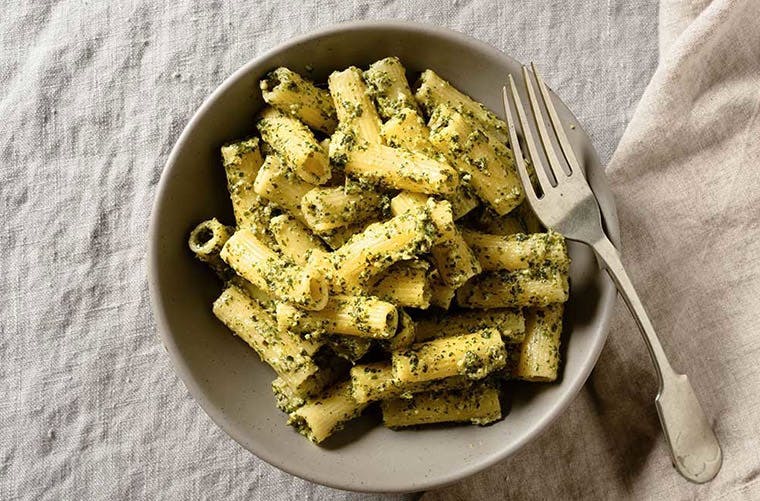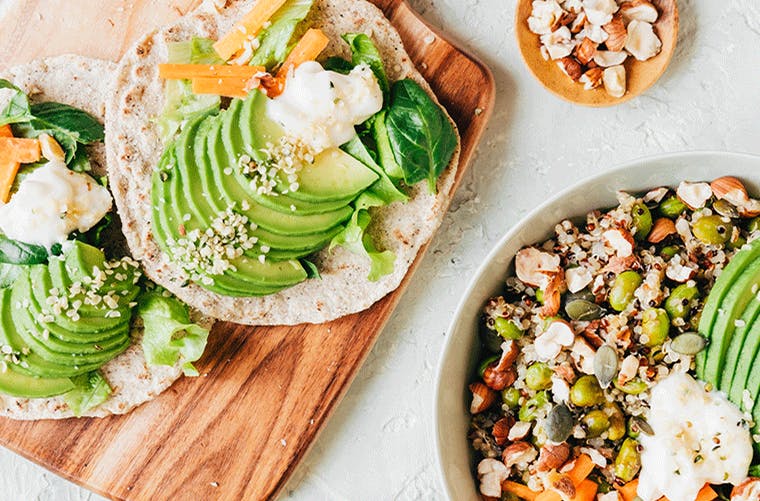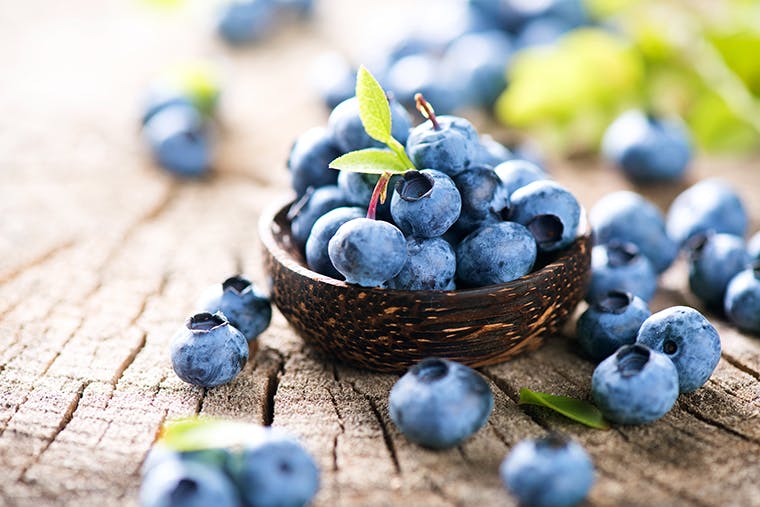Vitamin C Facts: 5 Things You May Not Have Known About Vitamin C

Hint: you can get it way more places than oranges
You probably know vitamin C as the standout vitamin in your morning glass of OJ.
Vitamin C is an antioxidant that helps fight free radicals, or unstable atoms that come from environmental pollutants and exposure to UV radiation, to support healthy aging. Powerful antioxidants like this are also crucial for keeping your immune system up and running. But vitamin C isn’t just about supporting your immune system daily. This essential vitamin does so much more for you that by the time you’re finished reading, this you’ll never look at that cup of OJ or your supplements the same way again.
1. IT HELPS YOUR BODY CREATE COLLAGEN.
Collagen is the stuff that keeps your skin looking firm (and youthful). On a more granular level, collagen is a protein that literally supports your skin; your dermal skin layer, which lies right underneath your outer skin, is about 75 percent collagen fibers. Normal skin contains high concentrations of vitamin C, which stimulates collagen production.
Your body needs vitamin C for protein metabolism and the biosynthesis of collagen; if you develop a deficiency, which is rare in most countries, you might start to notice skin discolorations, joint pain, and poor wound healing. The human body can’t synthesize vitamin C, so it’s important to get enough of it in your diet.
2. IT’S A POWERFUL SKIN ANTI-AGER.
As discussed above, consuming vitamin C helps your body produce more collagen, which can support your skin health, but applying it topically can help, too (that’s why you’re seeing so many beauty products with vitamin C in it these days). According to some research, using topical vitamin C (3 to 10%) for twelve weeks has been shown to decrease wrinkling, decrease apparent roughness of skin, and increase production of collagen.
The reason vitamin C is such a boon for your skin is because of those antioxidant properties that can help protect against damage caused by free radicals. (A build-up of free radicals over time is what leads to the aging process.) Vitamin C can help neutralize and remove those free radicals—against which your skin is your body’s first defense.
3. IT’S IMPORTANT FOR BONE HEALTH.
Along with playing an essential role in collagen formation, vitamin C also happens to be the basis of bone mineralization. Collagen (plus calcium, of course) is what makes bone strong and flexible enough to withstand stress.
If you’re significantly deficient in vitamin C, which is very rare, you could be at risk for scurvy (yes, that old pirates’ disease), which can lead to bone pain.
4. SURPRISE—ORANGES AREN’T THE BEST FOOD SOURCE!
As with most nutrients, you should start with getting this vitamin from a diet rich in whole foods. Although vitamin C is mostly associated with oranges, you can get it from many fruits and vegetables. Cantaloupe, grapefruit, mango, berries, broccoli, brussels sprouts, cauliflower, leafy greens, and tomatoes are also good sources of it. And the best source isn’t oranges at all; it’s red peppers!
5. IN FOODS, IT’S BETTER RAW.
If you’re looking to max out your meal’s vitamin C potential, look to eat those vitamin C-rich fruits and veggies raw. Cooking fresh vegetables can reduce the vitamin C content by 15 to 55 percent, according to a review by researchers at the University of California, Davis. Vitamin C is a water-soluble vitamin, which means it can dissolve in water, so it’s absorbed into the body’s tissues but isn’t stored in the body. Consider dipping those red peppers in hummus or shaving brussels sprouts into a salad. One more thing: storing vitamin C-rich foods for too long or exposing them to light can also reduce the vitamin C content, so eat them soon after buying them!







































